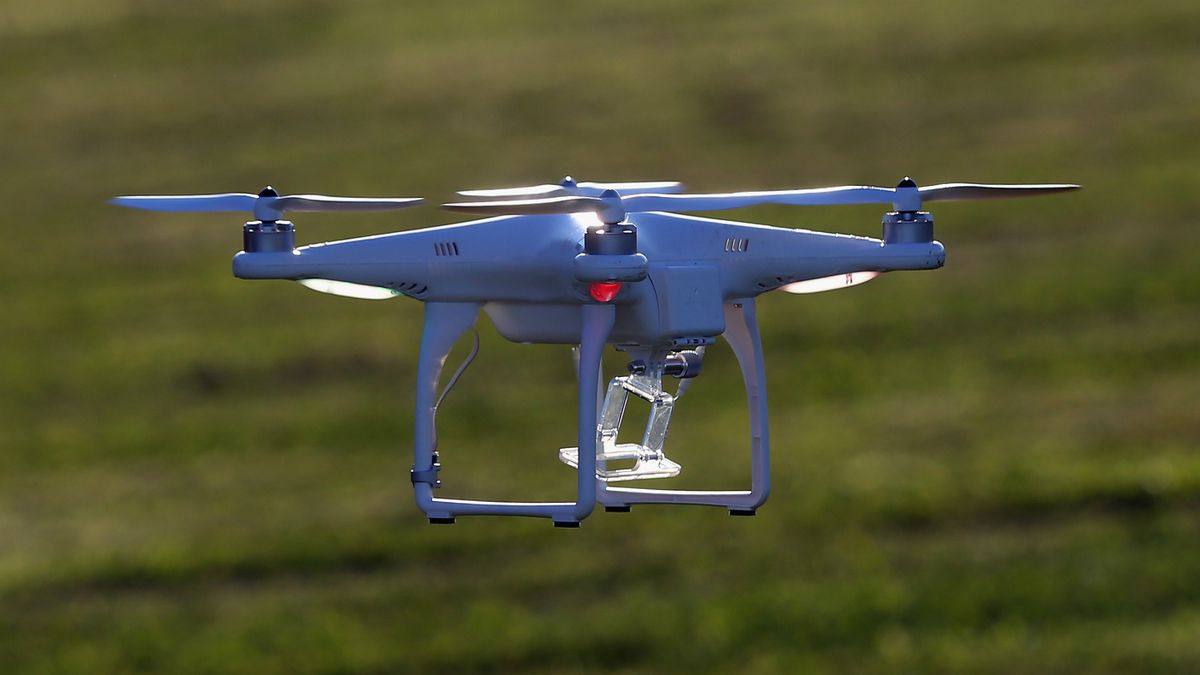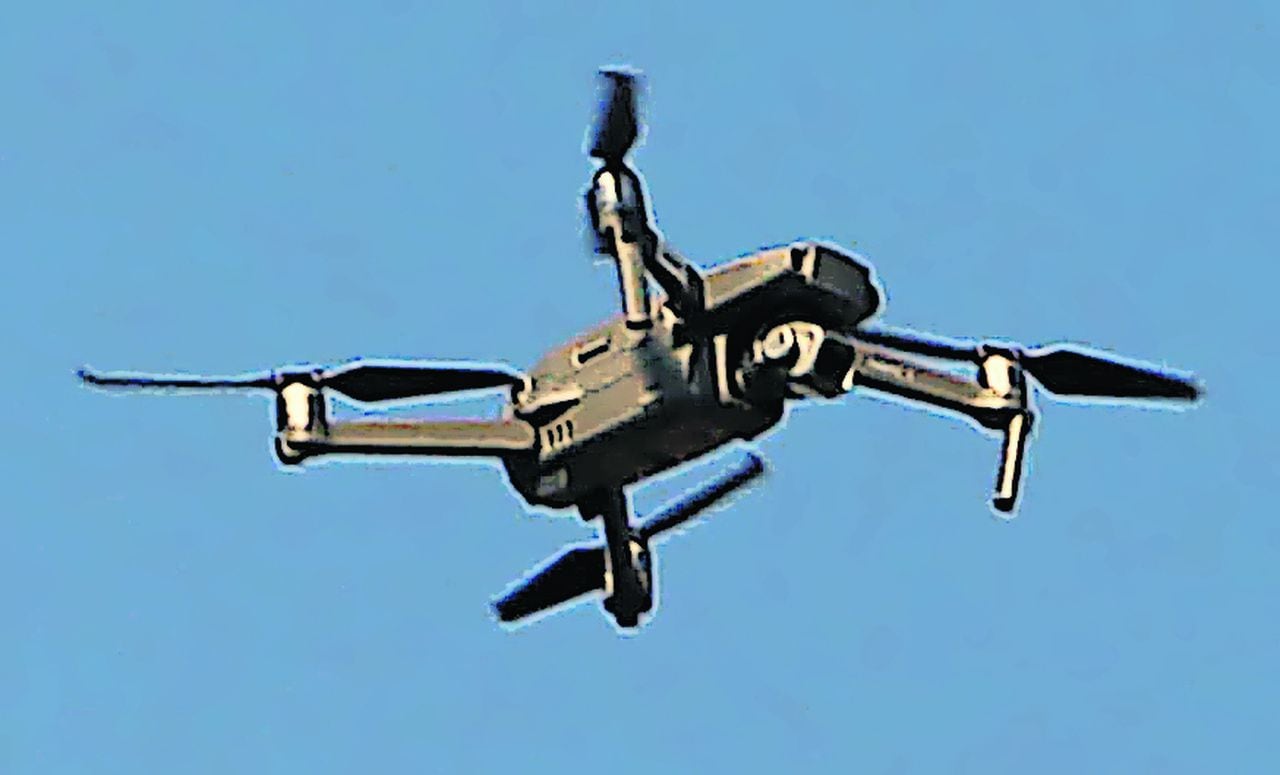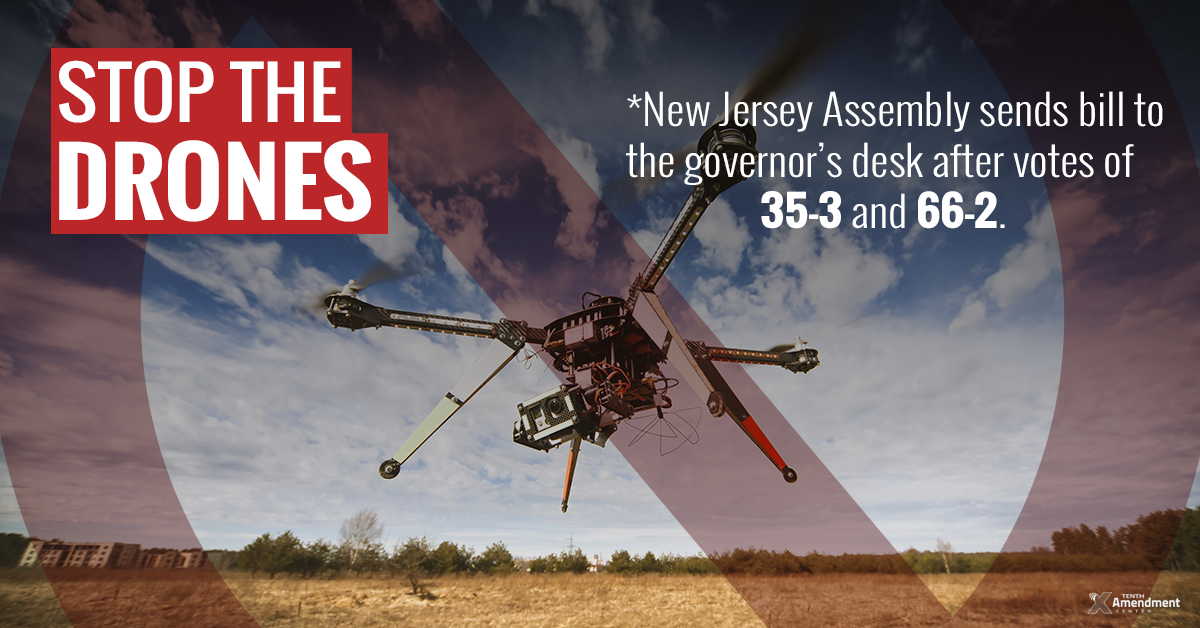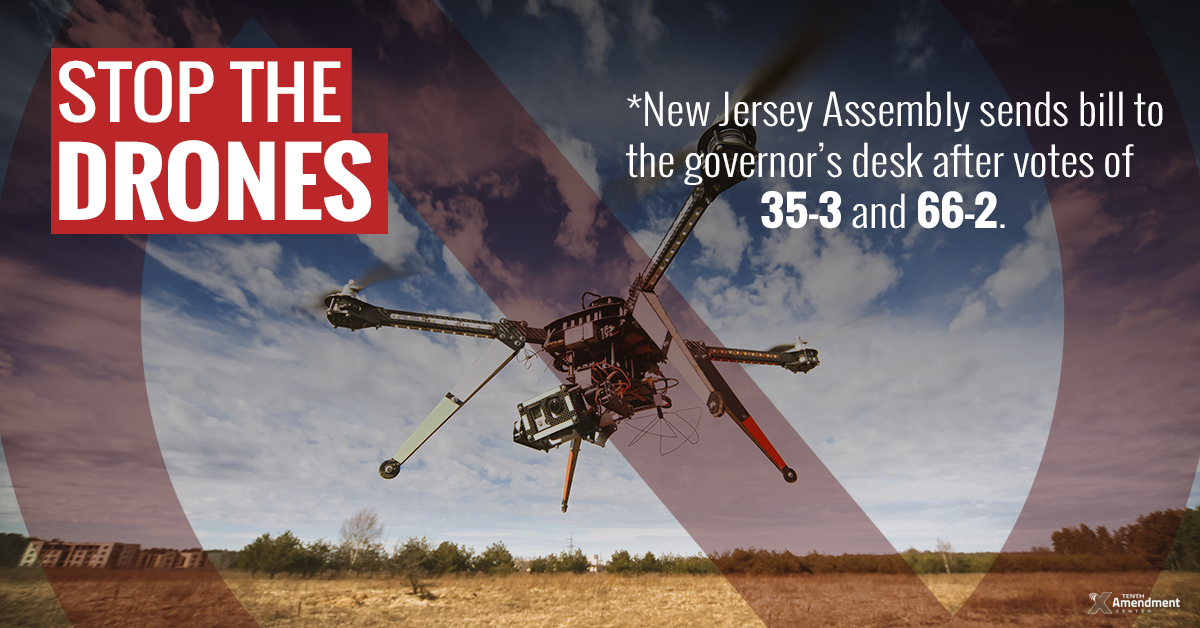Drones Over New Jersey Solved: This comprehensive analysis delves into the legal framework, prevalent incidents, technological solutions, public safety implications, and future projections surrounding drone usage in the Garden State. We examine the evolving landscape of drone regulations, technological advancements in drone detection and countermeasures, and the crucial role drones play in both public safety and potential risks. The discussion covers everything from understanding New Jersey’s specific laws and penalties for violations to exploring the potential of drones in emergency response and law enforcement.
The increasing prevalence of drones in New Jersey necessitates a thorough understanding of the legal, technological, and societal implications. This exploration provides a detailed overview of current regulations, common incidents, and technological solutions to ensure safe and responsible drone operation. We also examine the future trajectory of drone technology and its impact on various sectors within the state.
Drone Usage in New Jersey: A Comprehensive Overview: Drones Over New Jersey Solved
The proliferation of drones in New Jersey presents a complex interplay of technological advancement, legal frameworks, and public safety concerns. This article examines the legal landscape governing drone operation in the state, analyzes common incidents, explores technological solutions, and assesses the role of drones in public safety, culminating in a look at the future of drone technology and regulation within New Jersey.
New Jersey Drone Laws and Regulations

New Jersey, like many states, has specific laws and regulations governing the operation of unmanned aerial vehicles (UAVs), commonly known as drones. These regulations address issues such as registration, licensing, operational restrictions, and penalties for violations. The Federal Aviation Administration (FAA) also plays a significant role, setting national standards that New Jersey’s laws must align with.
| Law | Description | Penalty | Example |
|---|---|---|---|
| N.J.S.A. 6:1-1 et seq. (General Aviation Statutes) | Covers various aspects of aviation, including drone operation, often incorporating FAA regulations. | Varies depending on the violation, from fines to imprisonment. | Flying a drone without proper registration could result in a fine. |
| FAA Regulations (Part 107) | Federal regulations governing the operation of small unmanned aircraft systems (sUAS). | Fines, license suspension, or even criminal charges. | Operating a drone beyond visual line of sight (BVLOS) without proper authorization. |
| Local Ordinances | Many municipalities have their own ordinances restricting drone flights over specific areas (e.g., airports, prisons). | Fines and potential legal action. | Flying a drone over a sensitive area like a police station without permission. |
Compared to neighboring states like Pennsylvania and New York, New Jersey’s regulations are largely consistent with national FAA standards, although specific local ordinances may vary.
Several cases in New Jersey illustrate the legal complexities of drone usage. For instance, unauthorized drone flights near airports have resulted in significant fines and legal battles. Similarly, drones used for illegal surveillance or photography have led to criminal charges.
The recent concerns regarding unauthorized drone activity over New Jersey seem to have been addressed. Interestingly, similar surveillance technology is utilized in quite different contexts; for example, consider the high-resolution capabilities of a port dover camera , which offers a compelling alternative for monitoring. Ultimately, the effective management of airspace, whether in New Jersey or elsewhere, relies on robust and adaptable surveillance systems.
Common Drone-Related Incidents in New Jersey
Data on drone-related incidents in New Jersey is often compiled by law enforcement agencies and the FAA. While precise, publicly available statistics covering the past five years are limited, common incident types include near misses with manned aircraft, unauthorized flights over restricted airspace (airports, critical infrastructure), and privacy violations. These incidents stem from operator error, malfunctioning equipment, and intentional disregard for regulations.
Incidents can be categorized by severity: minor incidents (e.g., a drone landing in a field), moderate incidents (e.g., a drone interfering with air traffic), and major incidents (e.g., a drone causing property damage or injury). A hypothetical bar chart would show a higher frequency of minor incidents compared to moderate and major incidents, reflecting the overall trend of more frequent but less severe events.
Technological Solutions for Drone-Related Problems

Several technological solutions address the challenges posed by drones. These solutions aim to improve drone tracking, prevent unauthorized flights, and enhance situational awareness.
- Drone detection systems utilizing radar, radio frequency (RF) sensors, and optical cameras to identify and track drones.
- Geofencing technology, which restricts drone flights to predefined geographical areas.
- Drone countermeasures, such as jamming or spoofing technologies, used to disable or redirect unauthorized drones (use with caution and within legal limits).
- Advanced air traffic management systems integrating drone traffic into existing airspace management structures.
- Improved drone registration and identification systems to enhance accountability.
Successful implementations of these technologies are increasingly seen in securing sensitive areas like airports and power plants. However, balancing security needs with privacy concerns remains a key challenge.
The recent concerns regarding unauthorized drone activity over New Jersey appear to be resolved. Understanding the complexities of drone operations, and the potential for misuse, highlights the importance of responsible drone usage. For instance, efficient payload management, as explored in resources like this article on remington drone loads , is crucial for safe and effective drone deployment.
Therefore, continued focus on regulatory compliance will help ensure the safe and responsible use of drones in New Jersey airspace.
Public Safety and Drone Usage
Drones are increasingly utilized for public safety purposes in New Jersey, offering benefits and presenting potential risks.
| Aspect | Advantage | Disadvantage | Mitigation Strategy |
|---|---|---|---|
| Emergency Response | Rapid assessment of disaster areas, search and rescue operations. | Potential for drone malfunction or interference with rescue efforts. | Rigorous training and maintenance protocols for emergency response drones. |
| Law Enforcement | Surveillance, crime scene investigation, traffic monitoring. | Privacy concerns, potential for misuse or bias. | Strict adherence to privacy laws and regulations, clear guidelines for drone usage. |
Responsible drone operation is crucial for maximizing the benefits while mitigating risks. This includes adhering to all regulations, ensuring proper training for operators, and employing appropriate safety measures.
Future of Drone Technology and Regulation in New Jersey, Drones over new jersey solved

The future of drones in New Jersey will likely involve advancements in autonomous flight, artificial intelligence (AI) integration, and enhanced sensor capabilities. These advancements will impact various sectors, including infrastructure inspection, agriculture, and delivery services.
- Increased Automation: More autonomous drone operations, reducing reliance on human pilots, leading to greater efficiency but raising concerns about safety and accountability.
- Integration with Air Traffic Management: Seamless integration of drones into existing air traffic management systems, enabling safer and more efficient airspace sharing, but requiring robust technological infrastructure.
- Advanced Sensor Technologies: Drones equipped with advanced sensors for more precise data collection, enhancing applications in environmental monitoring and precision agriculture, but potentially raising privacy concerns.
Regulatory frameworks will need to adapt to these advancements, balancing innovation with public safety and privacy. Predicting the exact evolution of regulations is challenging, but a likely scenario involves a more nuanced approach to licensing and operational restrictions, potentially incorporating risk-based assessments.
In conclusion, the issue of drones over New Jersey is a complex one, demanding a multifaceted approach. While drones offer significant potential benefits across various sectors, responsible operation and effective regulation are paramount to mitigating risks and ensuring public safety. The ongoing development of drone technology and evolving legal frameworks will continue to shape the future of drone usage in New Jersey, requiring continuous adaptation and collaboration between stakeholders.
FAQ Overview
What are the most common types of drone malfunctions reported in New Jersey?
Common malfunctions include battery failures, GPS signal loss, and motor issues, often leading to uncontrolled landings or crashes.
Can I fly a drone over private property in New Jersey without permission?
No, flying a drone over private property without the owner’s explicit permission is a violation of privacy and potentially illegal.
Are there specific airspace restrictions for drones in New Jersey?
Yes, restrictions exist near airports, sensitive infrastructure (power plants, etc.), and certain events. Check FAA and local regulations before flying.
What is the process for obtaining a permit to fly a drone commercially in New Jersey?
Commercial drone operation requires FAA Part 107 certification and may necessitate additional permits depending on the specific activity and location. Consult the FAA website for details.
